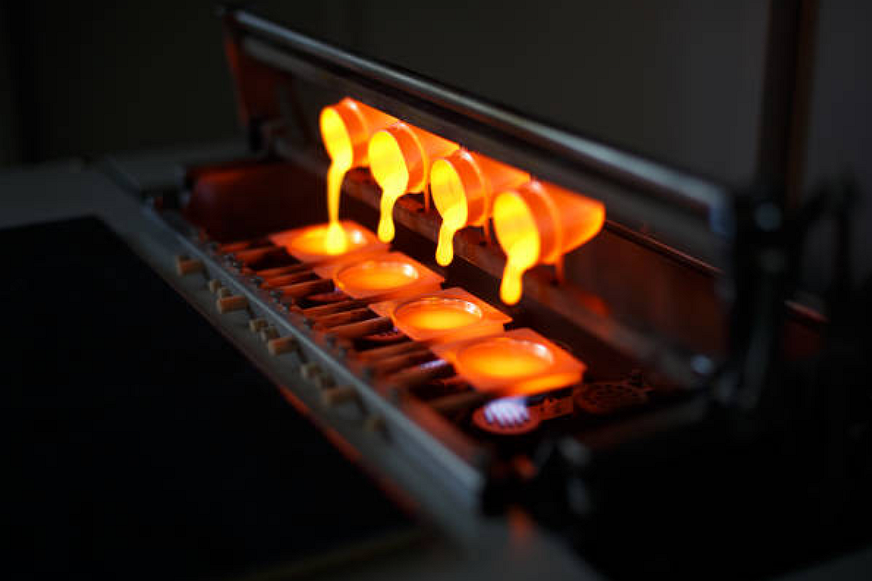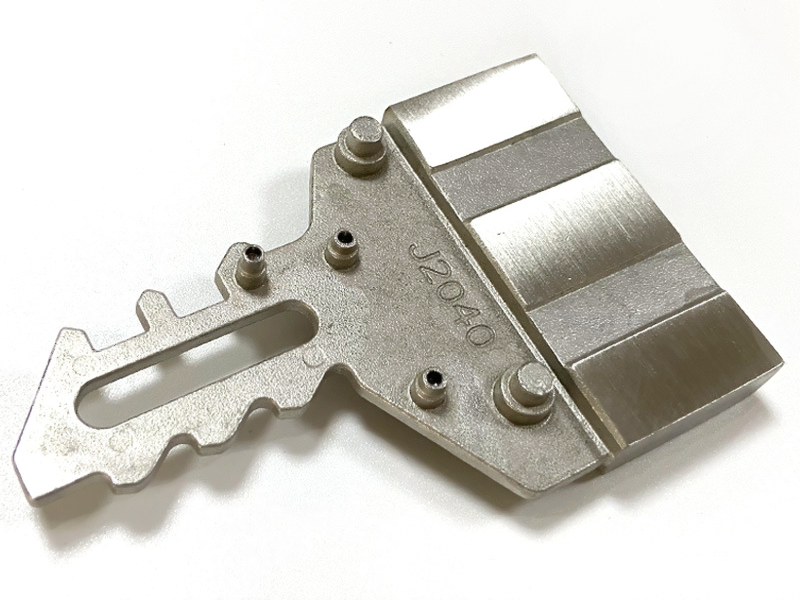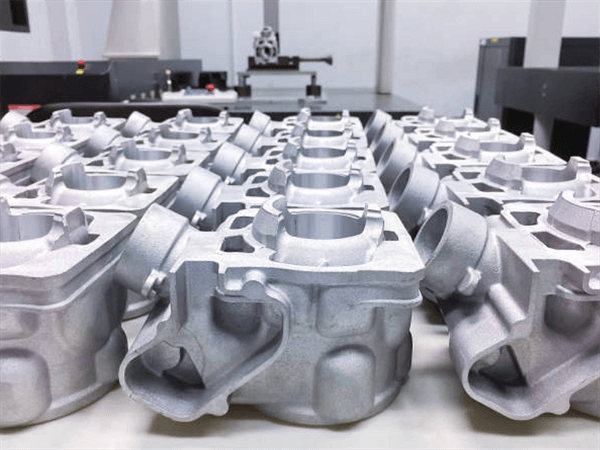What is structural integrity, and why is it critical in casting?
Understanding Structural Integrity in Casting
As a manufacturing engineer at Neway, I define structural integrity as the ability of a cast component to perform its intended function safely under applied loads throughout its service life. In gravity casting and other metal-forming processes, it refers to the internal soundness and mechanical uniformity of a part, free from cracks, porosity, inclusions, or weak grain boundaries. Structural integrity ensures that castings withstand stresses from vibration, pressure, or heat without deformation or failure, making it one of the most vital performance metrics in advanced manufacturing.
Manufacturing Processes that Reinforce Integrity
Several manufacturing processes work synergistically to preserve and enhance integrity. Precision casting enables precise control of metal flow and cooling, resulting in dense, uniform microstructures. Investment casting achieves exceptional accuracy in thin-walled or complex parts. CNC machining prototyping validates design tolerances before mass production, ensuring no weak zones. 3D printing prototyping accelerates mold testing and reduces the risk of defects. Meanwhile, aluminum die casting leverages controlled injection pressure to create parts with excellent density and consistency.
Materials Selection for Optimal Strength and Consistency
Material choice directly impacts the internal strength of a casting. Alloys like A356 aluminum provide a high strength-to-weight ratio and superior fatigue resistance after heat treatment. A380 aluminum is ideal for complex, high-volume production due to its stability and fluidity. 383 (ADC12) minimizes shrinkage and warping in intricate molds. Copper alloys offer superior conductivity and wear resistance, while magnesium alloys strike a balance between lightweight design and strength, making them ideal for aerospace and automotive components.
Surface Treatments that Protect Integrity
Beyond the core material, surface quality plays a role in maintaining mechanical reliability. Modern surface treatments, such as anodizing, form oxide barriers that prevent corrosion and fatigue cracking in aluminum parts. PVD coating enhances surface hardness and wear resistance, extending service life in high-friction environments. These processes ensure that mechanical strength is complemented by long-term environmental stability — a combination critical for industries relying on cast performance under stress.
Industrial Applications Where Structural Integrity Is Paramount
Industries such as aerospace, automotive, and energy depend on cast components that must meet stringent safety and performance standards. In aerospace, even microscopic flaws can compromise flight safety, so every casting undergoes non-destructive testing and heat treatment verification. In automotive engineering, structural castings, such as control arms and transmission cases, require uniform strength to withstand dynamic stresses. Energy systems, from turbines to heat exchangers, require thermal stability and corrosion resistance to prevent catastrophic failures. Across all these fields, structural integrity defines reliability, performance, and safety in every casting we produce.



